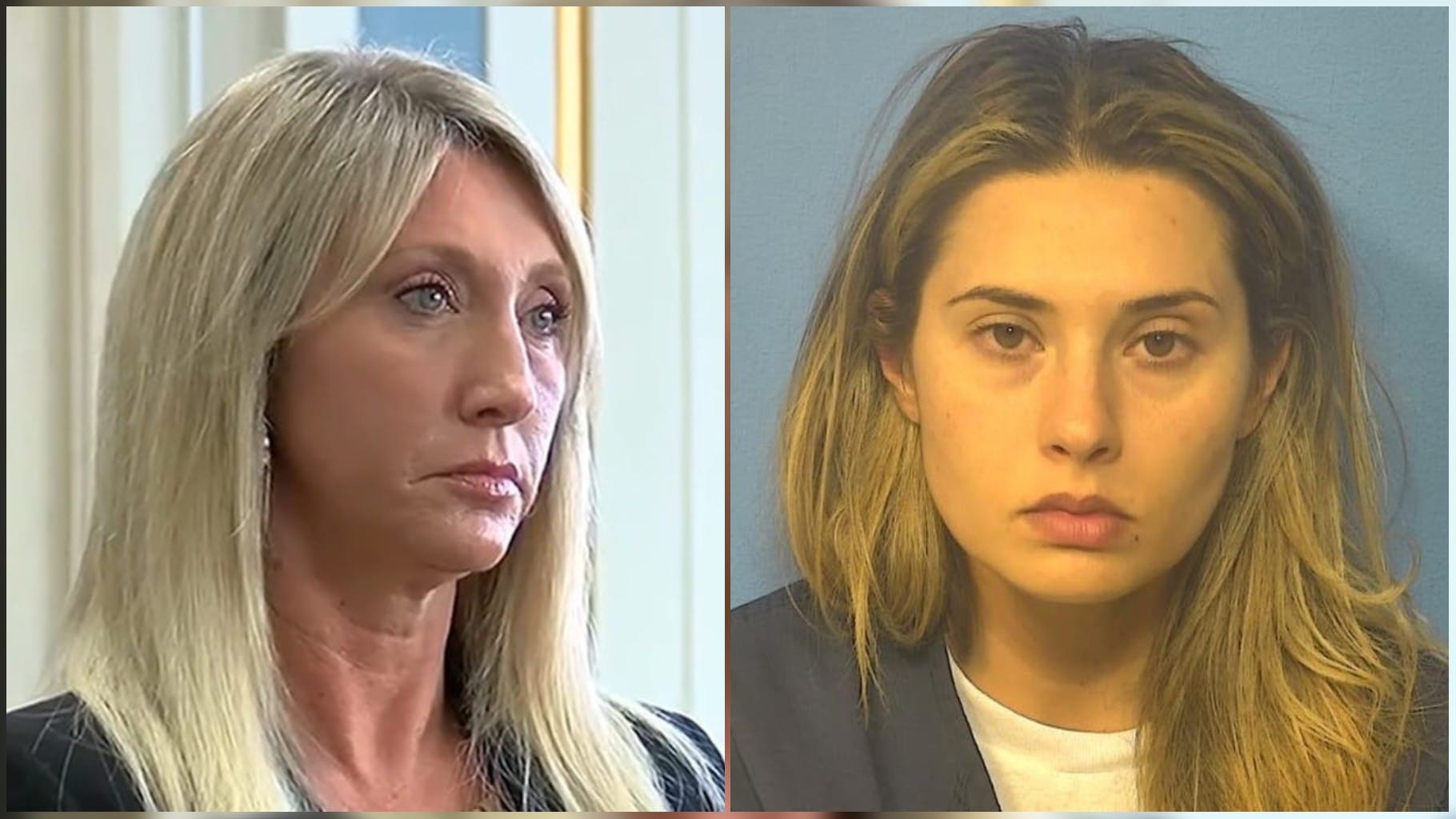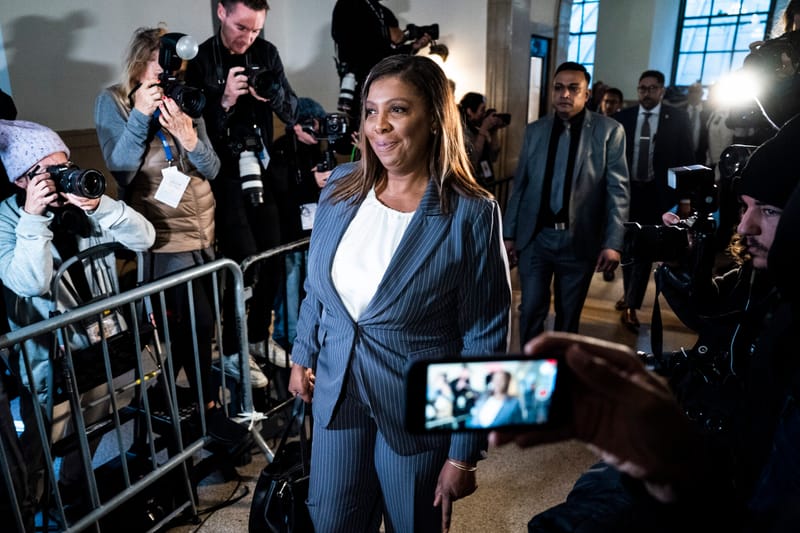Married Teachers and Child Abuse: Public Questions Mentalities Behind Recent Scandals
Cases of Emily Nutley and Christina Formella Fuel Debate Over Authority and Responsibility CINCINNATI, Ohio — A wave of shock and scrutiny has swept across the United States as two recent high-profile cases involving married female teachers accused of sexually abusing minors spark intense public debate. Emily Nutley, 42, of Cincinnati,
Cases of Emily Nutley and Christina Formella Fuel Debate Over Authority and Responsibility
CINCINNATI, Ohio — A wave of shock and scrutiny has swept across the United States as two recent high-profile cases involving married female teachers accused of sexually abusing minors spark intense public debate. Emily Nutley, 42, of Cincinnati, and Christina Formella, 30, of Downers Grove, Illinois, both educators in positions of authority, have been charged with sexual misconduct involving teenage students, prompting questions about the mentality of married women in such roles and why these incidents occur. On social media platforms like X, some users are framing the phenomenon as a “white woman epidemic,” igniting a firestorm of speculation, outrage, and analysis.
Nutley, a former teacher at St. Xavier High School in Cincinnati, was indicted in November 2024 on six counts of sexual battery after allegedly engaging in a sexual relationship with a 17-year-old male student. According to the Hamilton County Prosecutor’s Office, Nutley supervised a program for struggling students, where she met the victim in the fall of 2023. Prosecutors allege the relationship began with inappropriate texting and nude photos, escalating to multiple sexual encounters—some occurring in her classroom after school hours. The student reportedly attempted to end the contact, but Nutley persisted, leading to her eventual arrest after the school alerted Springfield Township police. Released on bond with an ankle monitor, Nutley faces one to five years in prison if convicted, along with mandatory sex offender registration.
An Ohio teacher who was convicted of having sex with an underage student has accused her estranged husband of "extreme cruelty" amid their divorce.
— TMZ (@TMZ) April 9, 2025
Exclusive story: https://t.co/NsZloVJzbg pic.twitter.com/bJfdAF6HS4
Meanwhile, in Illinois, Christina Formella’s case has drawn national attention following her arrest on March 16, 2025. Formella, a married special education teacher and soccer coach at Downers Grove South High School, is accused of sexually assaulting a 15-year-old male student during a tutoring session in December 2023. Court documents reveal explicit text messages allegedly exchanged between Formella and the boy, including declarations of love and graphic sexual content. The victim’s mother discovered the texts after syncing his new phone to his iCloud, prompting a police investigation. Bodycam footage of Formella’s arrest shows her breaking down in tears, asking, “Am I in trouble?” as her husband sat bewildered beside her. Formella denied the allegations, claiming the student blackmailed her by sending himself messages from her phone—a defense prosecutors have dismissed as implausible given additional evidence, including a “memoir” of the relationship found in her Notes app. Released with conditions barring her from school grounds or contact with minors, she awaits a court date on April 14.
Both cases have thrust a troubling question into the public eye: what drives married women in positions of trust to cross such a profound ethical and legal line? Psychologists and commentators suggest a mix of factors—power dynamics, personal dissatisfaction, or untreated mental health issues—may be at play. Dr. Laura Hensley, a Cincinnati-based clinical psychologist, noted, “Authority can amplify a sense of control or invincibility, especially in emotionally vulnerable individuals. For some, the forbidden nature of the act might heighten its appeal, though it’s rarely a simple explanation.” Yet, the specifics of Nutley’s and Formella’s motivations remain unclear, leaving room for speculation.
Body cam shows Special Ed teacher #ChristinaFormella’s arrest after she’s accused of assaulting a student and sending flirty messages through a school app. Nancy Grace investigates: https://t.co/j7xgee3IEz pic.twitter.com/iVaWkW2nE2
— Nancy Grace (@NancyGrace) April 9, 2025
On X, the conversation has taken a sharper edge. Posts lamenting a “white woman epidemic” have gained traction, with users pointing to Nutley and Formella—both white, married, and in teaching roles—as part of a perceived pattern. “Another white female teacher caught with a kid. This is an epidemic at this point,” one user wrote, while another questioned, “What’s going on with these married white women in authority? Power trip or just sick?” The racial framing has drawn pushback, with some arguing it oversimplifies a complex issue. “It’s not about race—it’s about abuse of power and opportunity,” countered one commenter. Data on educator sexual misconduct is limited, but a 2004 Department of Education study estimated that nearly 10% of U.S. students experience some form of sexual misconduct by school staff, with no clear racial breakdown provided.
The public’s reaction reflects both outrage and confusion. Nutley’s case has left St. Xavier reeling, with the school emphasizing its commitment to student safety and calling her actions an “isolated incident.” In Downers Grove, Principal Arwen Lyp wrote to parents, “Trust has been broken,” as the community grapples with Formella’s alleged betrayal. Online, sympathy for the victims vies with bewilderment over the perpetrators’ marital status. “How do you have a husband at home and still chase a child?” one X user asked, echoing a sentiment that has fueled memes, threads, and heated exchanges.
what is this epidemic of pretty white women becoming teachers and then banging the students? pic.twitter.com/8lMOLWD1ll
— Hodgetwins (@hodgetwins) April 2, 2025
As legal proceedings loom, the cases of Nutley and Formella have become flashpoints in a broader reckoning about accountability, gender, and authority in education. Whether driven by pathology, entitlement, or something else entirely, their alleged actions have left a lasting mark—and a lingering question: how can such breaches of trust be prevented? For now, the courtrooms of Cincinnati and Downers Grove will seek answers, while the court of public opinion rages on.Ask Grok to search deeper




